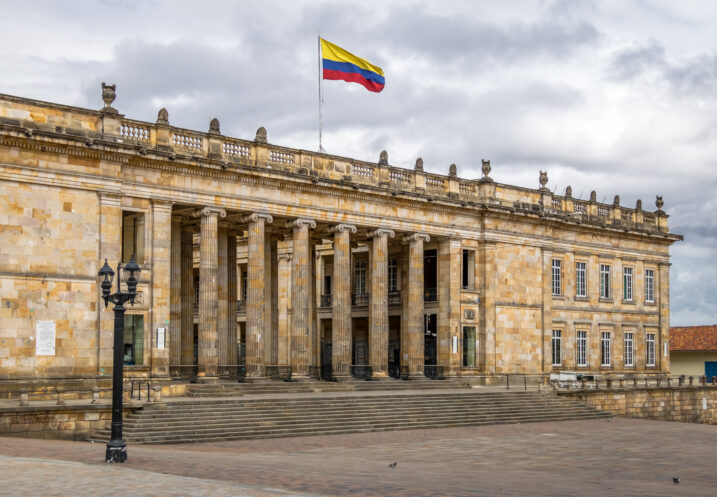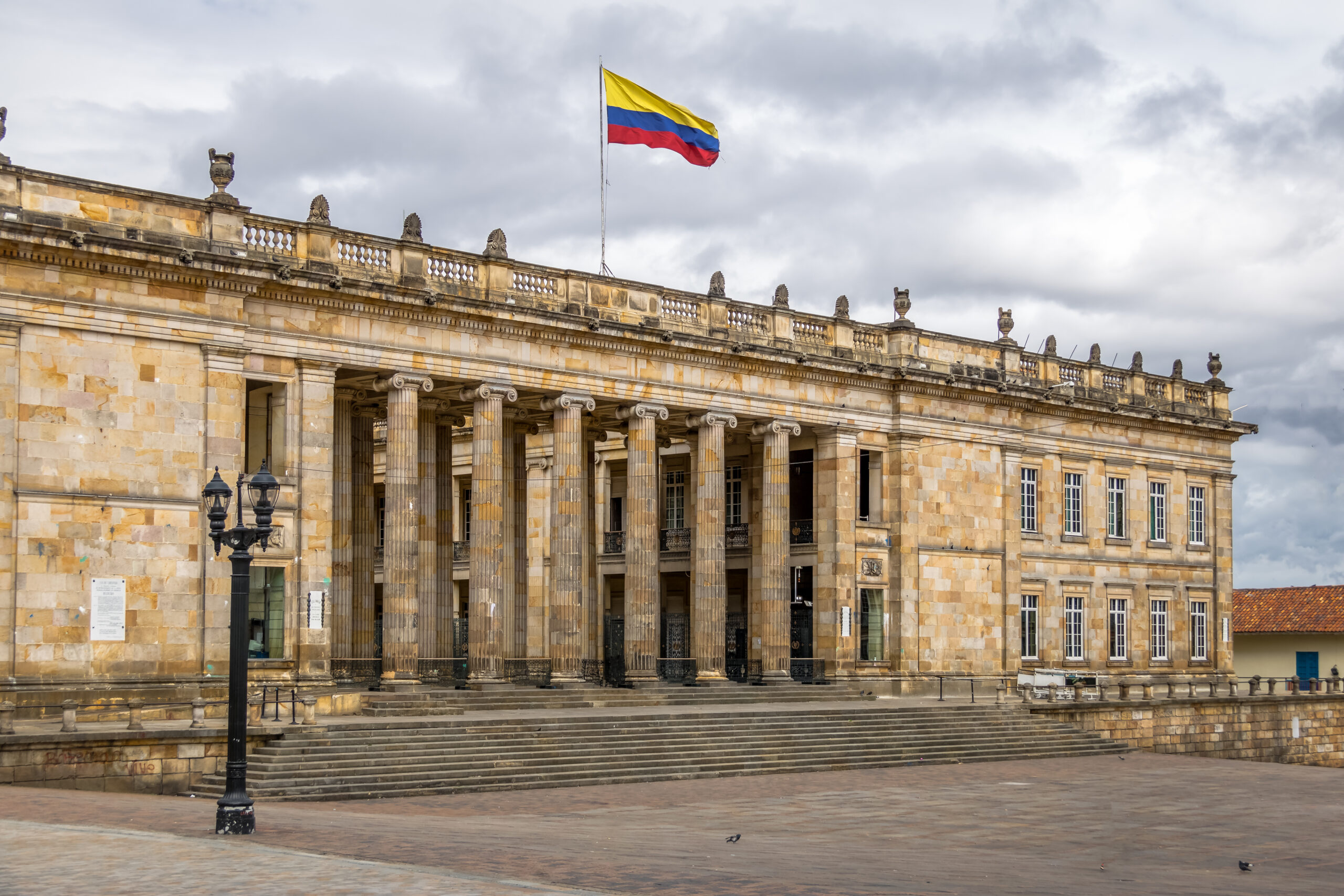
Colombia Considers New Beneficial Ownership Legislation
By Claudia Helms, November 17, 2020

In the fight against international financial crimes, some of the greatest tools at a country’s disposal are strong laws promoting and enforcing transparency in beneficial ownership. Last month, the Colombian Congress introduced a bill to address beneficial owners, reinforce transparency and tackle corruption.
The Financial Action Task Force (FATF), a global standard-setting body on anti-money laundering and counter terrorism financing, defines a beneficial owner person(s) as an individual that “ultimately owns or controls a customer and/or the natural person on whose behalf a transaction is being conducted. It also includes those persons who exercise ultimate effective control over a legal person or arrangement.” Thus, the beneficial owner is the real person behind the business transaction or the corporate structure.
Revealing the real people, or “beneficial owners” behind companies is critically important because corruption, money laundering, and terrorism financing thrive under secrecy and anonymity.
Seeking to strengthen transparency measures and curtail financial crime risks, many countries are now building frameworks to address beneficial ownership. As mentioned, Colombia joined the fight when its senate introduced a new bill that follows international recommendations and proposes creating a beneficial ownership registry.
Bill 341/20 (Proyecto de Ley 341/20) was introduced to the Senate October 27 to address “…adopting measures on transparency, prevention, and fight against corruption and other dispositions.” The bill modifies existing laws while proposing new legal approaches.
As its name suggests, the Colombian bill encompasses a wide array of issues and aims to promote legality, integrity, and trust. Another major objective is to require the delivery of key business information to the government and ensuring that information stays updated.
The Beneficial Ownership section of the bill embraces a definition of the principle of due diligence and a definition of BOs, to recognize “the natural person(s) benefited according to their actions and/or participation in a legal person” (Art. 19 and 20 of the bill).
The bill includes the definition of BOs, highlighting as a final beneficiary the natural person that has 5% or more of ownership or voting powers, as well as a 5% or more of the assets, profits or benefits.
Establishing this percentage creates a low bar that includes more beneficiaries within a legal person that could be surveilled.
Such a definition is important because, as previous work by Global Financial Integrity has shown, Colombia currently has multiple definitions of Beneficial Ownership in use across government agencies, creating confusion and limiting effectiveness.
The bill proposes the creation of a Registro Único de Beneficiarios Finales (Sole Registry of Final Beneficiaries) – or, RUB – ( managed by the Dirección de Impuestos y Aduanas Nacionales – DIAN (National Tax and Customs Directorate).
High-level entities such as the Contraloría General de la República (Comptroller General’s Office), DIAN and the Fiscalía General de la Nación (Attorney General’s Office), Procuraduría General de la Nación (Procurator General’s Office) would have access to the RUB, promoting information sharing and strengthening the fight against financial crimes (Art. 21).
According to the bill, the person in charge of complying with the principle of due diligence (including governmental entities, natural persons, and legal persons) must keep key information delivered and updated. Importantly, sanctions would be imposed if the information is not provided, has errors, is incomplete or is not updated. The bill mainly addresses legal persons with residence in Colombia (including foreign companies with subsidiaries in Colombia), including trusts and non-profits.
Other significant reforms in the bill include creating an Anticorruption Observatory to analyze corruption in each sector (Art. 22); and a Center of Information, Analysis, and Immediate Interinstitutional Reaction Against Corruption, which would monitor public resources and programs from public and private entities (Art. 23).
The bill has been assigned to the First Commission of the Senate, but is still pending debate by the Commission. According to the Colombian Constitution, bills need to follow four debates and approval processes: first (at the Commission) and second debate (at the Plenary) in each chamber (House and Senate). It would then go to the Colombian president to become law or be vetoed.
Vice President Marta Lucia Ramirez is one of the strongest supporters of the bill, telling El Tiempo and Forbes that it has brought together 25 state entities to cooperate on important matters. She has focused her comments on transparency as a preventive measure and the importance of effective dissuasive punishments for corrupt individuals. It also has cross-cutting support from authorities including the Secretary of Transparency, Ministry of Interior, Ministry of Justice, Comptroller General, Attorney General, Ombudsman, which shows key inter-agency support.
For Colombia, encouraging and enforcing an appropriate legal framework for beneficial ownership and financial integrity is key. This will help curtail financial crimes not only in Colombia, but also worldwide as more countries join efforts on this matter. “As of 2020, 81 jurisdictions already have laws requiring beneficial ownership to be registered with a government authority, up from 34 jurisdictions mentioned in the 2018”. This bill is promising as a tangible national effort to tackle corruption and implement beneficial ownership transparency and will be important to monitor.
